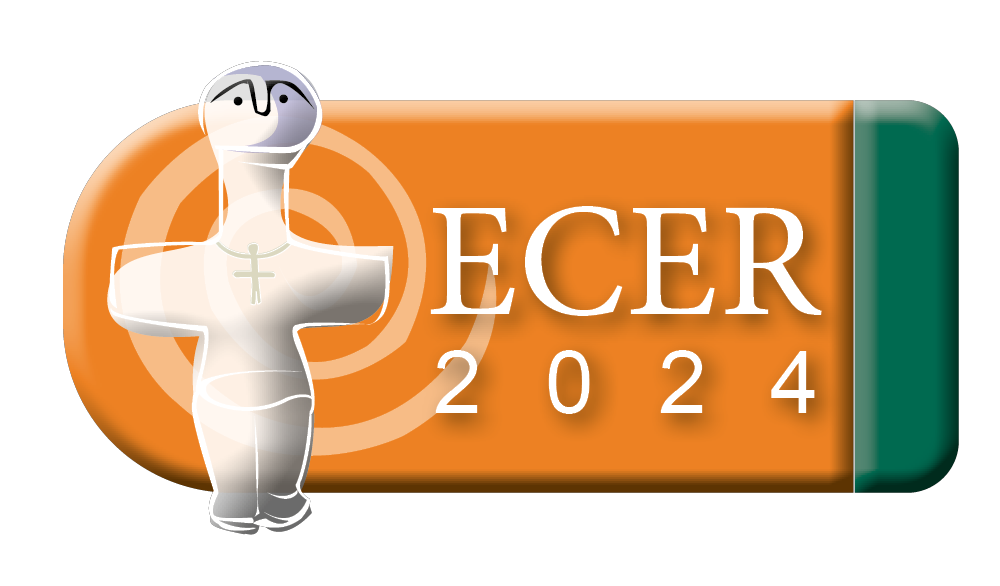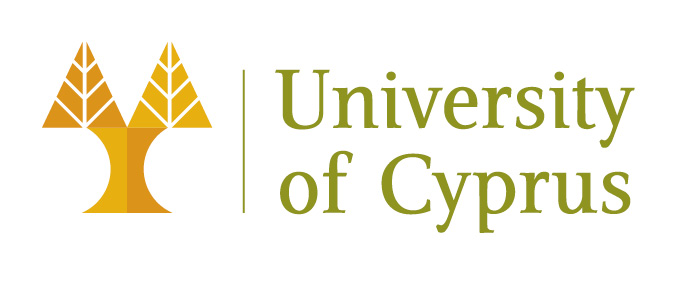The ECER 2024 Theme is 'Education in an Age of Uncertainty: memory and hope for the future'. However, EERA welcomes contributions from the broad range of educational research.
In addition to the general call, some networks would like to encourage discussion on specific thematic topics and have therefore issued a special call. However, they will remain open for all other submissions within their area.
In order to submit to one of the NW Special Calls listed below, select the network first and then please ensure to choose the topic "NW XX Special Call" when you make your submission.

Important Dates ECER 2024
01.12.2023 | Submission starts |
31.01.2024 | Submission ends |
01.04.2024 | Registration starts |
03.04.2024 | Review results announced |
15.05.2024 | Early bird ends |
26.06.2024 | Presentation times announced |
30.06.2024 | Registration Deadline for Presenters |
26.08.2024 | ERC First Day |
27.08.2024 | ECER First Day |
Hosting Organisation

Local Services Website
Our partners EasyConferences support EERA, the University of Cyprus and you as conference participant in all matters around:
- accommodation
- transport
- travel advice and visa information
- bookable social and side events.